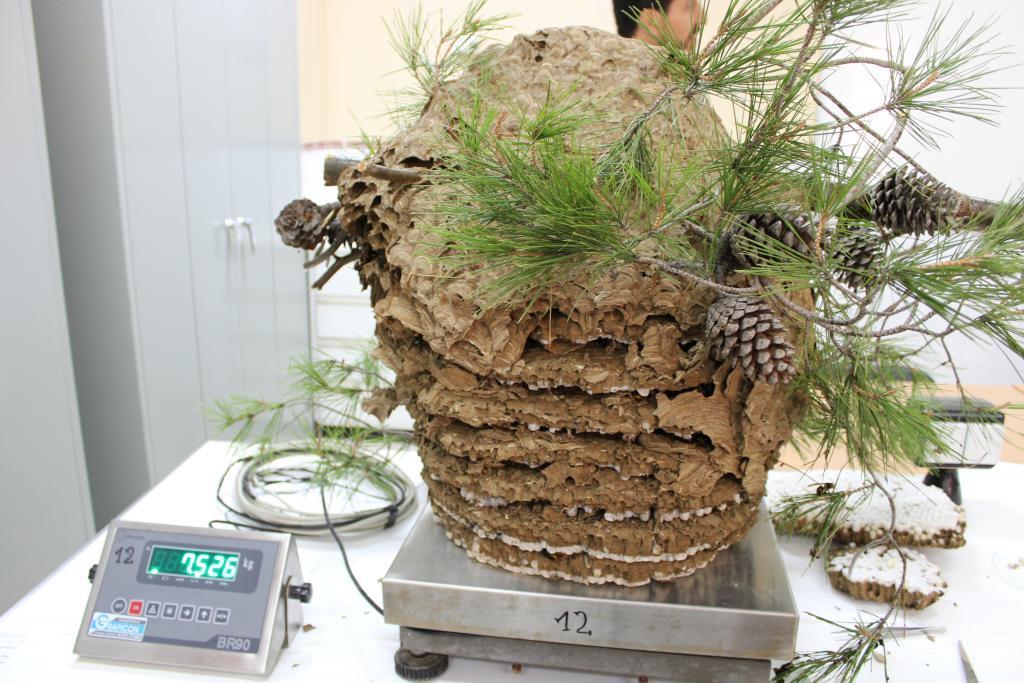Efforts to eradicate the hornet are being coordinated by the University of the Balearic Islands biology department and the regional government's species protection service. Mar Leza, a professor at the university, and Irene Garneria from the government say that the Balearics is the only place in the world, other than Great Britain, where the scientific community is working on the investigation and elimination of the hornet. They are convinced that it can be eradicated.
The hornet is a predator that attacks bees and other insects. As such, it represents a serious threat to the island's bee population, to pollination and to biodiversity. This in turn could mean a negative economic impact. Some beekeepers in Soller have lost their hives. There are no known predators which attack the hornet. If there is a bird, as is the case with bees, scientists are as yet unaware of it.
The eradication efforts have so far involved the setting of 300 traps. More than a thousand are to be set. Despite these, the number of nests increased from nine in 2016 to twenty last year - these were nests that were detected.
The Asian hornet's sting is not dangerous to humans. The sting is no worse than an ordinary hornet, but as with other stings, it can set off a reaction if individuals are particularly sensitive. A farmer in Galicia, where some 100,000 nests have been detected, died as a result of a sting.
The nests are quite large. Cylindrical in shape, they can be some seventy centimetres high and sixty centimetres across. The greatest weight of a nest found so far in Majorca has been eight kilos.
Anyone finding a nest or encountering an Asian hornet is asked to supply information via the website vespapp.uib.es, to the Cofib consortium for fauna (telephone 607 554 055) or to the species protection service (971 784 956).


No comments
To be able to write a comment, you have to be registered and logged in
Currently there are no comments.